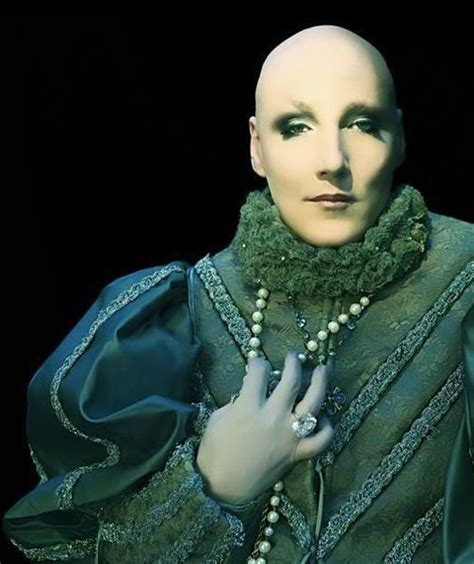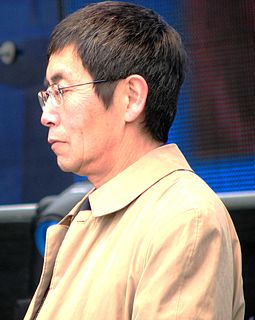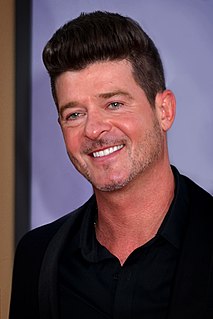A Quote by James St. James
You know when you're writing, and it's just you and the computer screen, and you never think that anyone is ever going to read it... you're able to say private things when you're writing.
Related Quotes
When I'm writing, especially when I'm writing in first person, I don't think about the characterization, or how they are going to express themselves, I just express my own approach to these things. I think most writers can never divorce themselves from their private lives and personas; they are the ones that are writing. And the more they remove themselves from their own persona, the more, perhaps, mechanical the work becomes.
Writing is a bit like walking into a big bookstore. It's the bookstore of your brain, and you know you're never going to read all those books. It makes you happy you're in the bookstore, and you're nervous because you know you're never going to read all those books. So the nervousness is also happy. Once I get going writing poetry is one of the happiest things I do, but it is also fraught with all of these anxieties.
When I'm writing it's as if I'm the observer. It's as if that computer screen there -it used to be the typewriter - just kind of dissolves and there's this whirling tunnel of mist and there's a kind of proscenium arch, and then there are my characters, and they say what they say, and I laugh sometimes in surprise at what they say.
In my writing class, we never, ever talk about the writing - ever. We never address a story that's been read. I also won't let anyone look at the person who's reading. No eye contact; everybody has to draw a spiral. And I would like to do a drawing class where we could talk about anything except for the drawing. No one could even mention it.
When I wrote for Jordan Knight, I was 17 or 18, they were pretty much the only songs I was writing. By the time people like Christina or Usher came around, I was able to know that I was writing for different points of view and people that might not want to say certain things. So you have to be considerate of whichever artist you're writing for.
You're writing for some version of yourself. You're writing the kinds of things that you like to read or wanted to read at a certain point. So, primarily for most of my career, I've written the kind of criticism that fascinates me. The things I discovered the things that get me going, that I'm excited about.
When I first started writing songs and being very explicit, it was hard, but one of the main things people respond to in my writing is that 'just say it' attitude of my songs. There really is nothing personal or private; it's all universal, if you can just find the courage to be open about your life.
I don't think anyone is ever writing so that you can throw it away. You're always writing it to be something. Later, you decide whether it'll ever see the light of day. But at the moment of its writing, it's always meant to be something. So, to me, there's no practicing; there's only editing and publishing or not publishing.
It's not possible to advise a young writer because every young writer is so different. You might say, "Read," but a writer can read too much and be paralyzed. Or, "Don't read, don't think, just write," and the result could be a mountain of drivel. If you're going to be a writer you'll probably take a lot of wrong turns and then one day just end up writing something you have to write, then getting it better and better just because you want it to be better, and even when you get old and think, "There must be something else people do," you won't be able to quit.



































